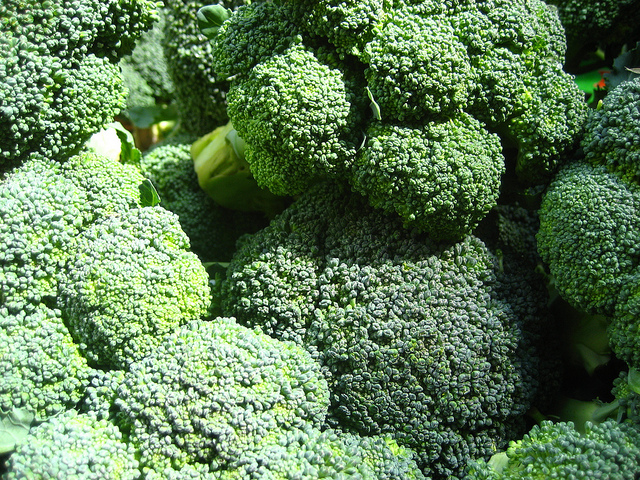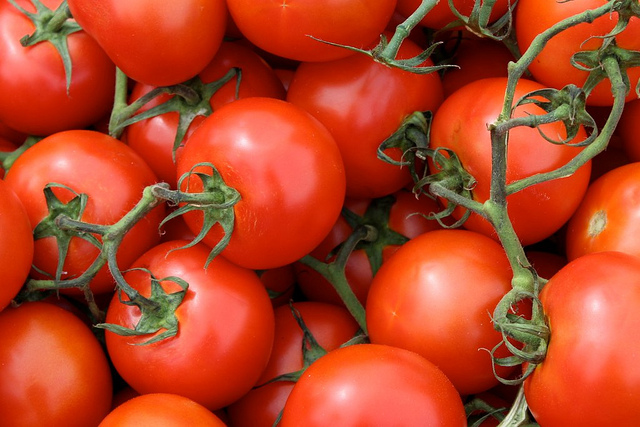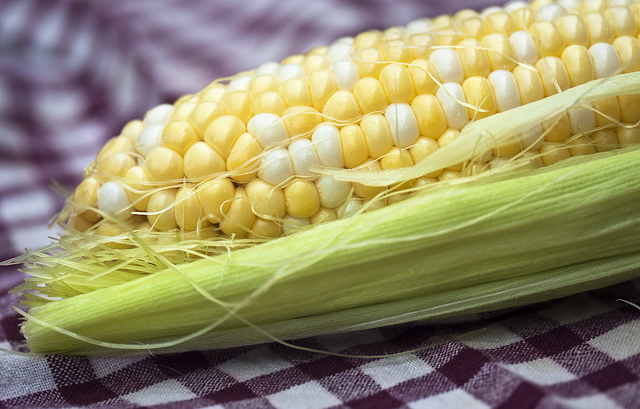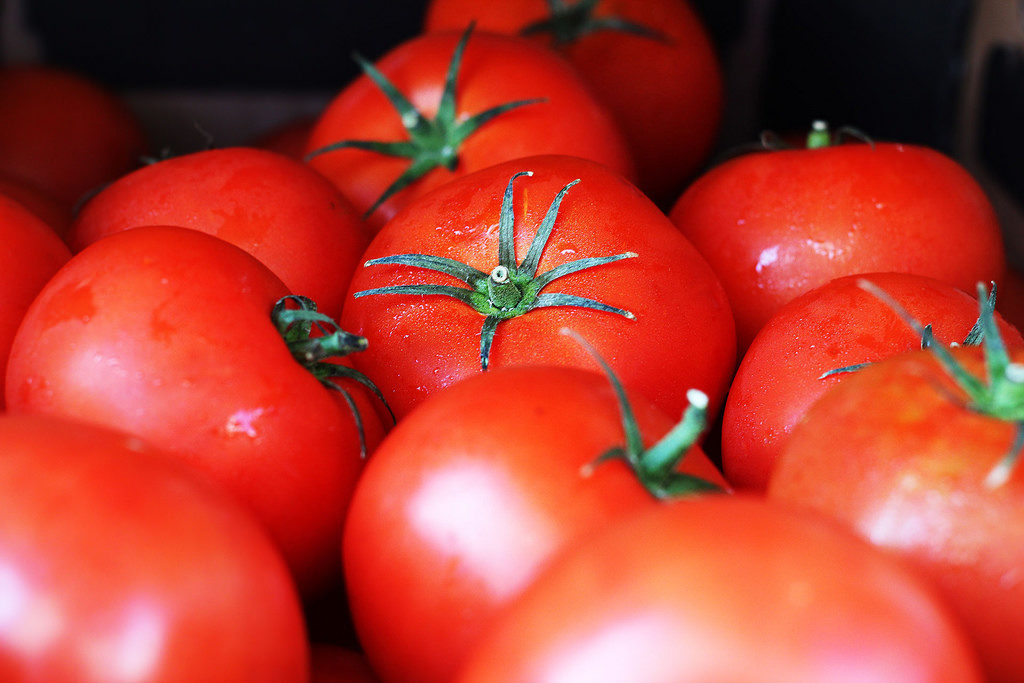Eczema diet
3 Surprising Veggies to Avoid if Your Skin is Itching
“Eat your veggies”, mummy says. From young we were all encouraged to eat lots of vegetables because it’s good for our health. But did you know that some of these veggies contain naturally occurring chemicals that can possibly aggravate itching?
Through some research, it appears to affect people with a salicylate sensitivity. Here are some of the common 3 veggies that we have identified.
You could experimented by eliminating these veggies from your diet for 4 weeks and observed the results.
Broccoli

Broccoli is rich in anti-oxidants and vitamin, and you are probably including it in your diet often. In fact, most mummies start feeding children broccoli regularly since they were babies. While broccoli may be a superfood for normal people with no skin issues, it may be a potential itch trigger for those with eczema and salicylate sensitivity. It can trigger worsening of eczema symptoms because it is a very rich source of three natural chemicals: salicylates, amines and monosodium glutamate.
Tomatoes

Tomatoes may not be as common/popular among children but product that contain tomato are very common. Some examples include tomato ketchup, bolognese sauce, and canned baked beans in tomato sauce.
They are another triple threat as they are very rich sources of salicylates, amines and natural MSG. Cooked tomato is highly acidifying, making it an incredibly “itchy” food if you have salicylate sensitivity.
Instead of dipping your french fries with tomato sauce, you can substitute with natural lighter dressing. In fact natural sea salt and herbs are better alternatives to flavour your food.
Corn

Corn and corn-containing products are high in natural salicylates and natural MSG. Corn containing products include cornflakes and popcorn. If your child with eczema loves his cornflakes, you can try alternatives like oat cereal or Cascadian Farm Purely Os cereal.
Could I have salicylate sensitivity?
The best way to check/validate if you have any reaction to a specific food is to avoid them totally for 12 weeks and then slowly re-introduce in small amount and observe.
What vegetables can you replace the above with?
Cabbage, brussel sprouts, celery and iceberg lettuce are the few vegetables which contain very little or no natural itchy chemicals. It’s also time to introduce new vegetables in your diet if you are not already eating them!
But if you really love the above 3 vegetables, do not fret. You will only need to try out for 4 weeks and see if you notice any difference.
If you want to read more about the natural chemicals in food, a good reliable source would be the Sydney’s Local Health District – Royal Prince Alfred Hospital’s Allergy Unit (RPAH) in Sydney, Australia. The RPAH is the world’s leading allergy unit in terms of food chemical (salicylate sensitivity, and intolerance to amine, glutamate and food additives).
Hope this will be useful for you and do share this useful tip with your friends who have dermatitis or rash.
- What other itch-causing food to avoid?
- Want to find out more about eczema-friendly food?
- What are the correct food choices to minimize inflammation?
Read more about the Asian-adapted eczema diet food choices, by our nutrition therapist.


I been suffering with body itching for the past year. I tried different types of food but is not helping. What should I do next??
i sufferd with itchyness sence i was 5 years old
i have had itchi skin for months now i eat carrots broad beans potatoes leeks sprouts corn flakes dried tropical fruit bread tomatoes i drink decaffinated tea omega milk